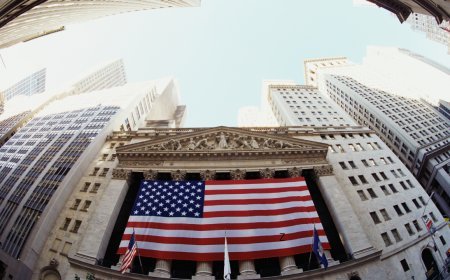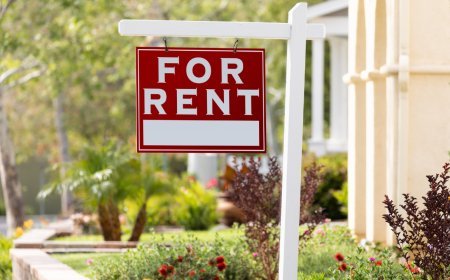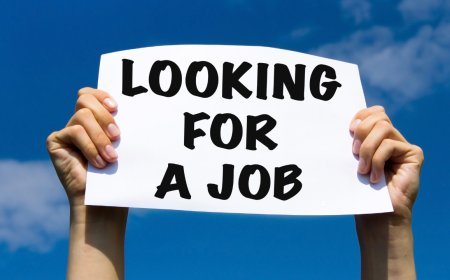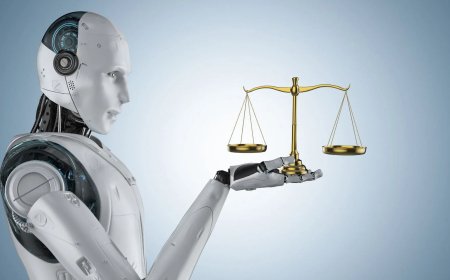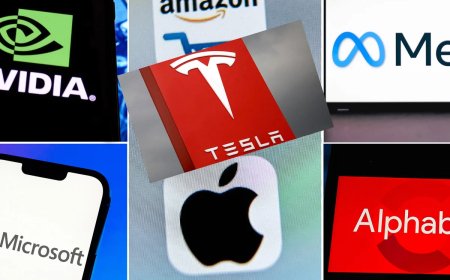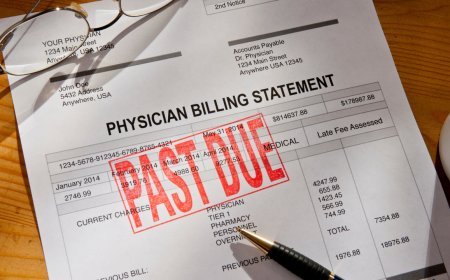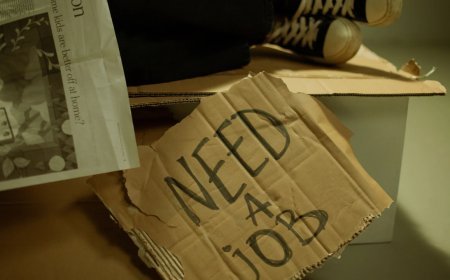The Rise of the Gig Economy: Why Full-Time Jobs Are Becoming Part-Time Puzzles
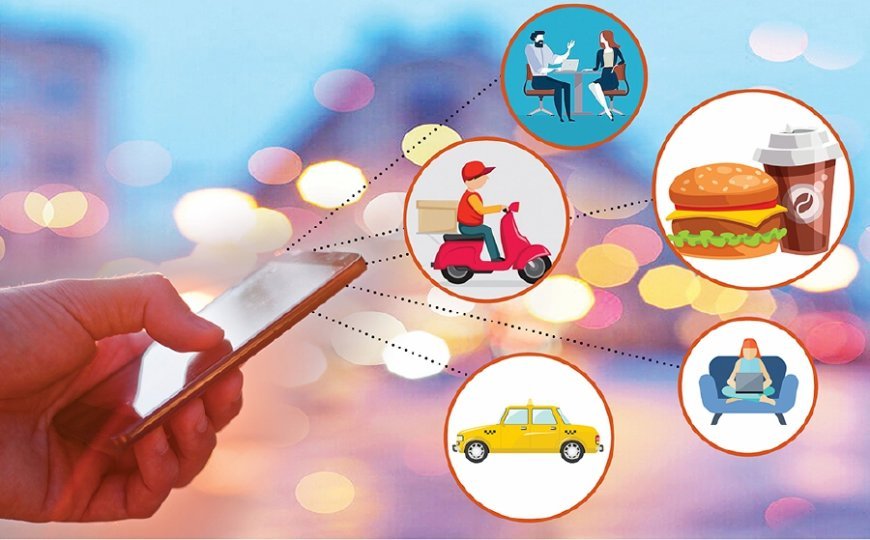
In 2005, if you had a job, you probably had one employer, predictable hours, health insurance, and paid vacation. Today, 36% of American workers do some form of gig work, and many "employees" are really just contractors without benefits. The transformation of work is accelerating, and most people aren't prepared for it.
Why Companies Love the Gig Model
Simple math: a $50,000 employee costs the company about $70,000 once you add health insurance, payroll taxes, workers' compensation, unemployment insurance, and office space. A contractor doing the same work costs exactly what you pay them - no benefits, no overhead, no long-term commitment.
Companies can scale up for busy periods and scale down during slow times without layoffs, severance, or unemployment claims. The flexibility is irresistible from a business perspective.
The Worker's Dilemma
Gig work promises freedom: work when you want, choose your projects, be your own boss. The reality is more complicated. Most gig workers earn less per hour than traditional employees doing similar work, and they pay both sides of Social Security taxes (15.3% instead of 7.65%).
A software developer making $75,000 as an employee might earn $85,000 as a contractor - but after paying for health insurance ($8,000), additional taxes ($3,000), and accounting for no paid vacation, they're often worse off financially.
The Benefits Crisis
Employer-provided health insurance covers 155 million Americans. As more workers become contractors, they lose access to group insurance and pay individual market rates - often $500-1,200/month for decent coverage.
No employer-sponsored retirement plans means gig workers must set up their own IRAs and discipline themselves to save. No paid sick days means working while ill or losing income. No unemployment insurance means financial disaster if work dries up.
The Skills Premium Explosion
High-skill gig workers (programmers, designers, consultants) can earn more than traditional employees because they can work for multiple clients and charge premium rates for specialized expertise.
Low-skill gig workers (drivers, delivery workers, task-based labor) often earn less than minimum wage after expenses and have no economic security. The gig economy is creating a two-tier system where skills determine everything.
The Misclassification Problem
Many "contractors" are really employees in disguise. They work set hours, use company equipment, follow company policies, and have no other clients. Companies misclassify them as contractors to avoid paying benefits while maintaining control.
California's AB5 law tried to force proper classification, but many companies simply left the state or switched to actual contractors in other states. The fundamental tension between worker protections and business flexibility remains unresolved.
Three Survival Strategies
1. Build Multiple Income Streams: Don't depend on one gig platform or client. Diversify across platforms, industries, and skill sets. The gig economy rewards resilience and adaptability over loyalty.
2. Invest in High-Value Skills: Low-skill gig work is a race to the bottom. High-skill freelancing can be more lucrative than traditional employment. Choose skills that are hard to automate and difficult to outsource.
3. Create Your Own Benefits: Open a SEP-IRA or Solo 401(k) for retirement savings. Buy individual health insurance or join a freelancer association for group coverage. Build an emergency fund that covers 6-12 months of expenses, not just 3-6 months.
The Future of Work
The trend toward gig work isn't reversing. Technology makes it easier to coordinate freelance labor, and economic pressures make it attractive for companies. Even "employees" increasingly work on project teams, move between companies frequently, and manage their careers like freelancers.
The question isn't whether the gig economy is good or bad - it's how workers and policymakers adapt to a world where traditional employment provides less security and benefits than it used to.
What's Your Reaction?
 Like
0
Like
0
 Dislike
0
Dislike
0
 Love
0
Love
0
 Funny
0
Funny
0
 Angry
0
Angry
0
 Sad
0
Sad
0
 Wow
0
Wow
0


